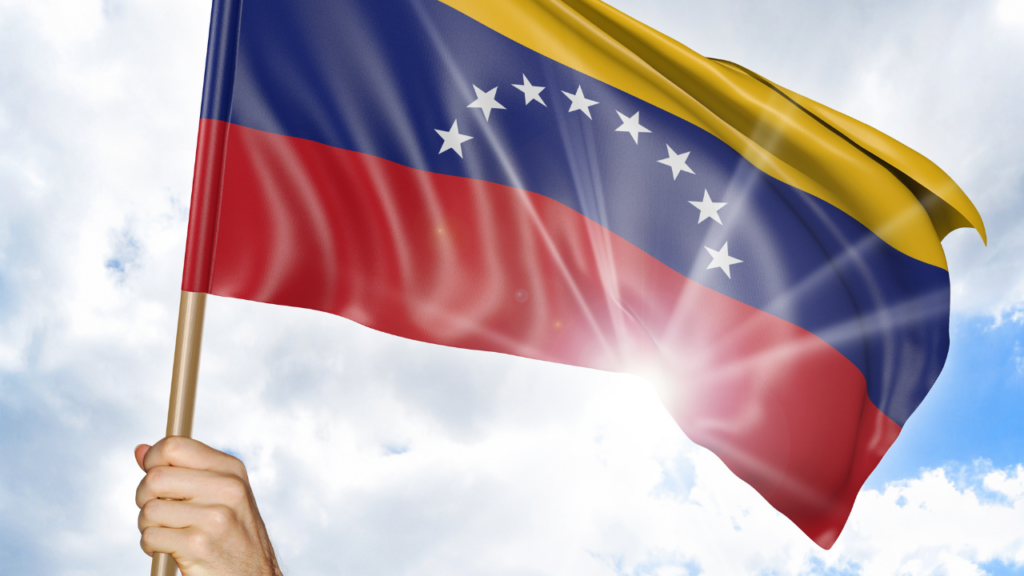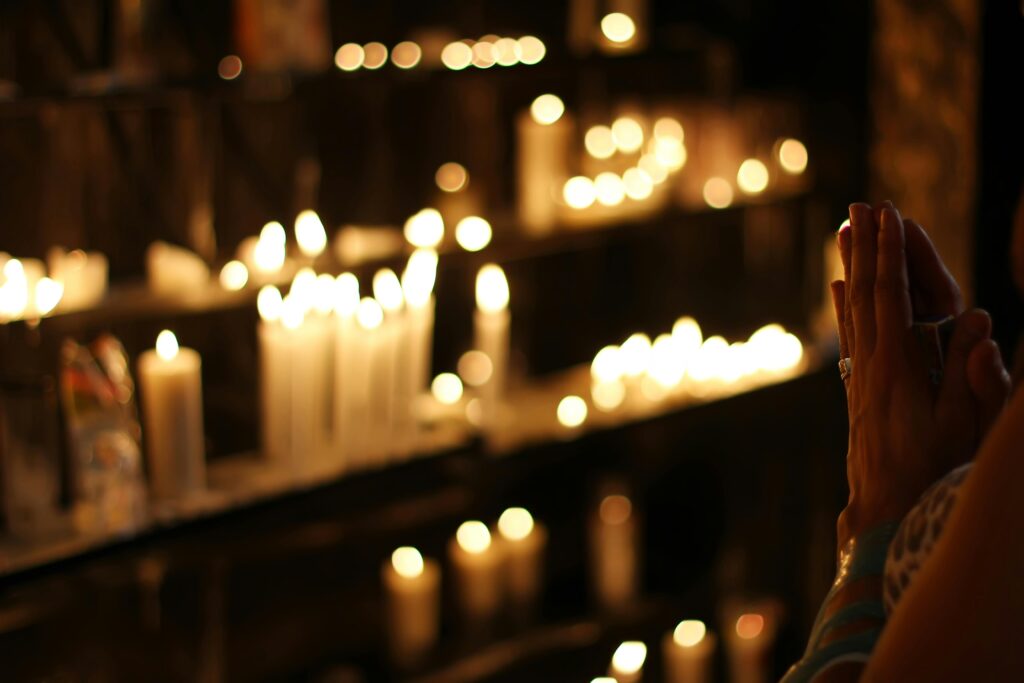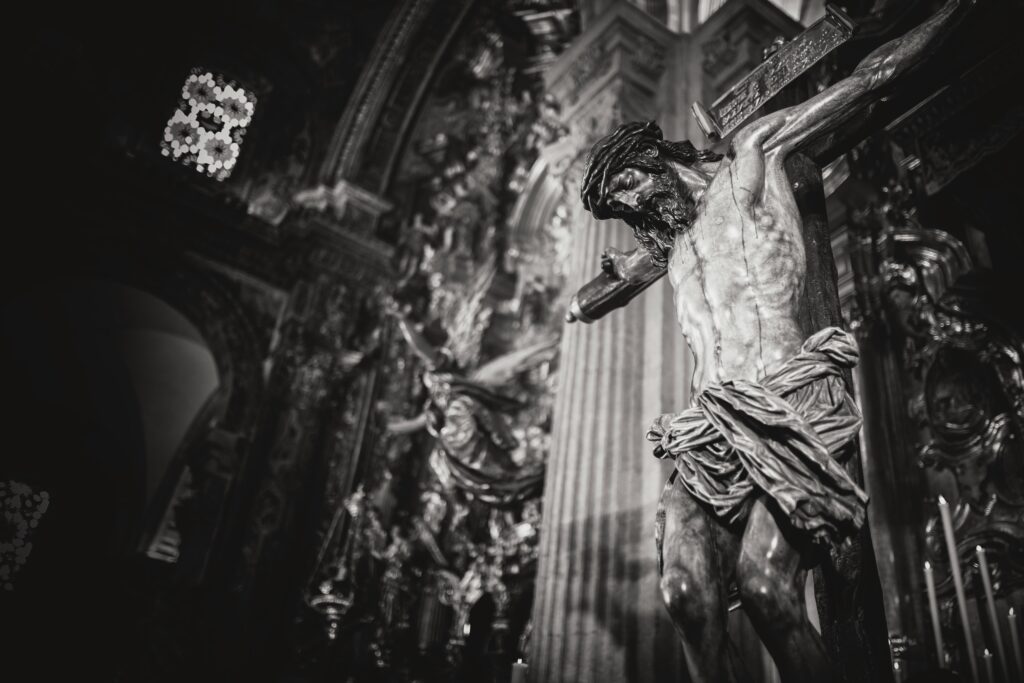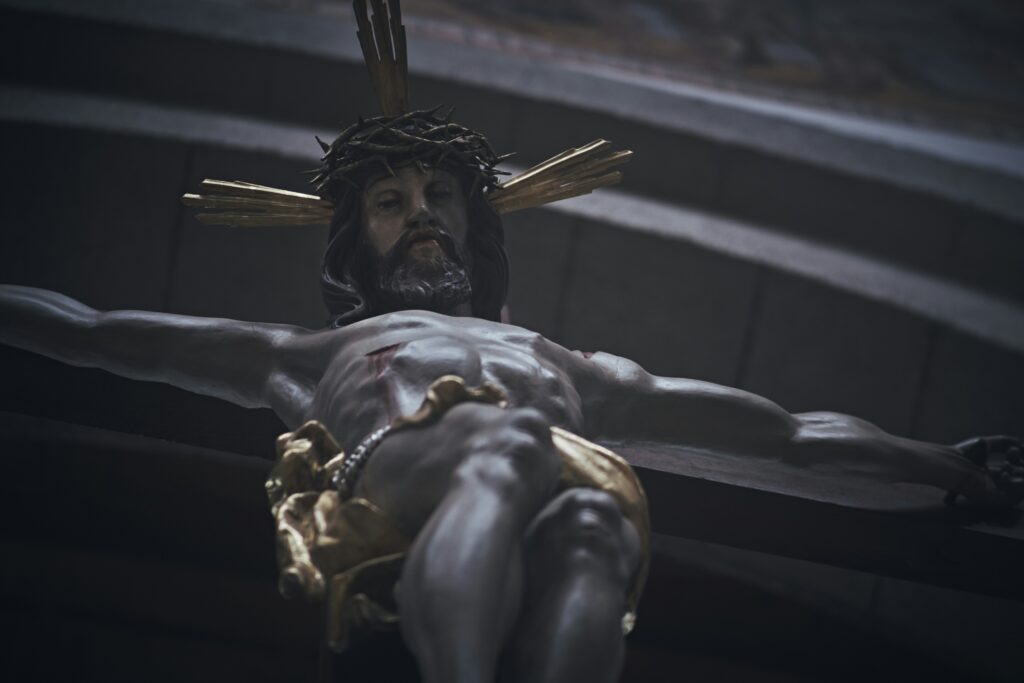(E)Lections for Venezuela
Humanity is intimately united. There are no loose threads in history; they try to separate us from the eras, generations and civilizations, but it is a fruitless effort. Learning is subject to modeling, and this is how the growth of societies is configured. In the so-called Theory of Knowledge, or as it is now known, […]

Humanity is intimately united. There are no loose threads in history; they try to separate us from the eras, generations and civilizations, but it is a fruitless effort. Learning is subject to modeling, and this is how the growth of societies is configured. In the so-called Theory of Knowledge, or as it is now known, the Critique of Knowledge, there is an important pretension to get to know how true knowledge is produced, that is, to try to unravel the mental processes through which we know how we know. This step guarantees that we are being led towards the truth of the object and that we are distancing ourselves from the gnoseology of error.
One of those dimensions that unites us and identifies us in history is knowledge. The logical-rational discourse prevents the ontological unity of thought from being broken, which is differentiated by the answers given in each era and in each circumstance. This is how humanity advanced from myth to reason. After defining the worldview with spiritual laws that magically govern its development, considering natural laws as an explanation of the “noumenon,” humanity reached reason. Locating the “Miracle of Reason” historically is not an easy task. That is, identifying when we made the step from a mythical-naturalistic society to a “rational” society cannot be precisely located in time and space.
The French philosopher and anthropologist, Jean-Pierre Vernant, suggests, more than a moment, an event to identify this beginning: “the advent of the city, of the polis, which implies a change of mentality, the discovery of another intellectual horizon, the elaboration of a new social space. The city is a centered circular cosmos, where each citizen commands in turn and all are similar.” The arrival of the polis encouraged the use of reason in the assumption of various categories. On the one hand, in the circular form, everyone is included, they are part of the space. On the other hand, the development of a social space, which means co-responsibility: a common home, and finally, reason contributes to the realization in the polis that each citizen rules in turn. The advent of reason as a starting point for a worldview does not annul the mythical vision, but rather describes a new intellectual horizon.
We are on the threshold of a new process to recognize that “we rule in turns and that we are similar.” Election day is to remember the “lessons” that we should have learned and did not do so because we were following the wrong paths. Venezuelan democracy has not only weakened, it has become denatured. Someone told us: “we must sow oil.” We ignored it, it became the charm that disappointed the hopes of all and enriched the lives of a few. Today, from those “largest reserves in the world” there remains the longing of an impoverished country, a divided society and a devastated nation.
Years later, another voice advised us: “If Venezuela does not reconsider its political direction, it will have to be rescued by the International Red Cross.” We did not learn this lesson either. Our fields dried up, our cows died, the coffee in the West, the cocoa on the coast and the corn for the arepa. In our country, poverty is pragmatic. It is convenient. Getting out of it is not a one-way action, it is reciprocal: a State that creates the conditions and a citizen who takes advantage of them. This is the reason why Jesus in the Gospel asks the paralytic at the pool of Bethesda: “Do you want to be healed?” (Jn 5:6). Leaving poverty is also a decision.
In Angostura, a voice also suggested to us: “Morality and enlightenment are the pillars of the country, Morality and enlightenment are our first needs.” The first and greatest need of a society is to nourish reason, and education is the legitimate process for that. It was not enough for some of our compatriots to go to study abroad; we should also have made Venezuela a country that believes in education. Since I was a child, I remember that teachers always protest for better salaries – and my mother among them. A neglected school, victim of crime, is the best evidence of not having done our homework. The voice of Angostura continues to sound conveniently, and our education is at the worst level.
There are many (E)lections that did not leave the necessary mark. Perhaps the most delicate and obvious is not having been able to relate the civic triangle: city-democracy-reason. We believed in ourselves, we trusted ourselves. We thought that we would take care of the treasure that we inherited from those who consolidated the political project born in 1958. Democracy is fragile and those who exercise it are imperfect. It is not about voting, it is about choosing. It is not just a political change, it is a step towards the construction of a “normal” country. May these elections help us learn the lessons.
Father Luis Eduardo Martínez Bastardo – Director of the School of Catholic Leaders of Valencia
Related

“Praying is an immense privilege”
José Miguel Ponce
17 April, 2025
3 min

Cardinal Felipe Arizmendi: Jesus Continues to Suffer
Felipe Arizmendi
17 April, 2025
4 min

The classics educate in humanity
Francisco Bobadilla
16 April, 2025
3 min

Words That Illuminate Our Crosses
Mario J. Paredes
16 April, 2025
6 min
 (EN)
(EN)
 (ES)
(ES)
 (IT)
(IT)

